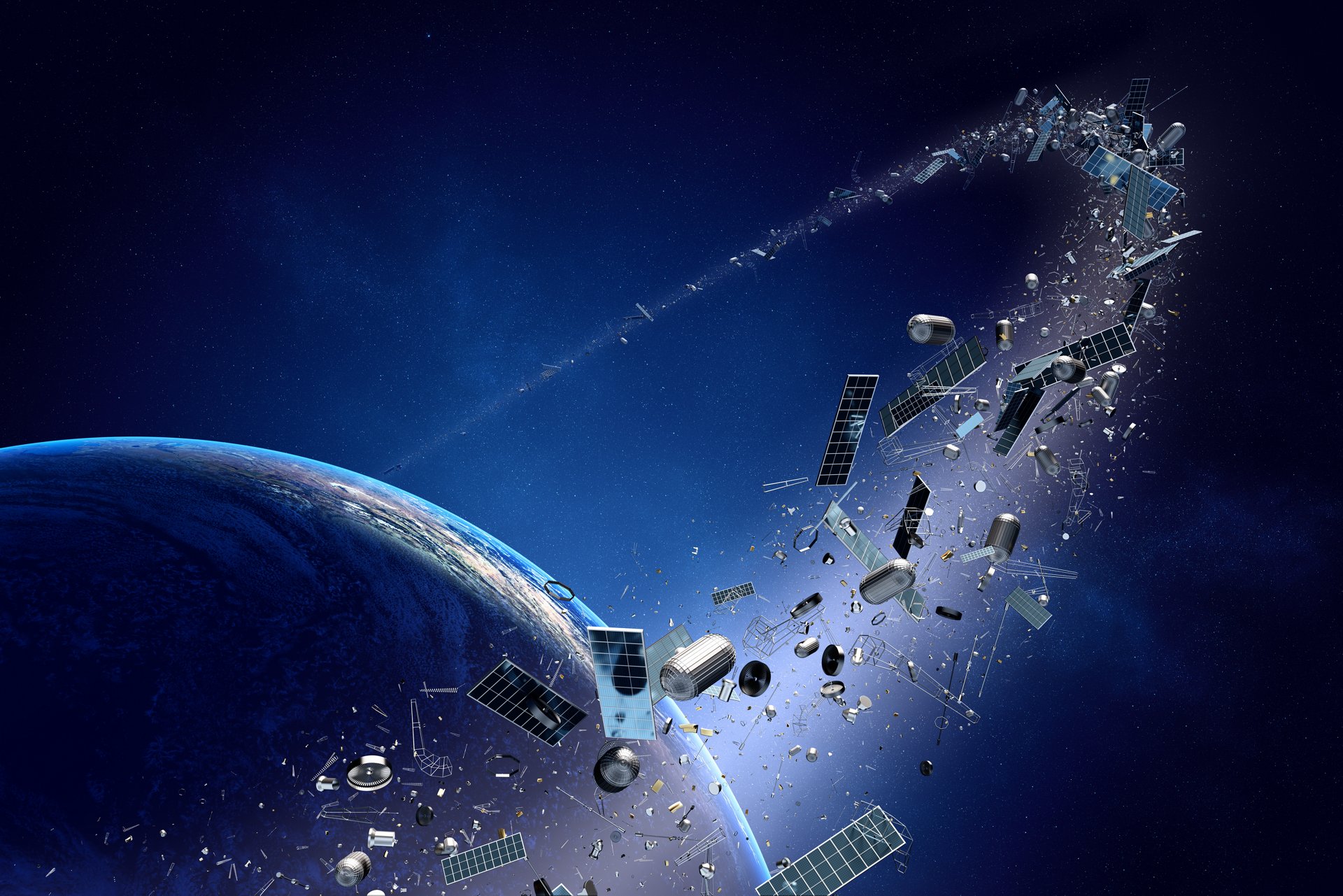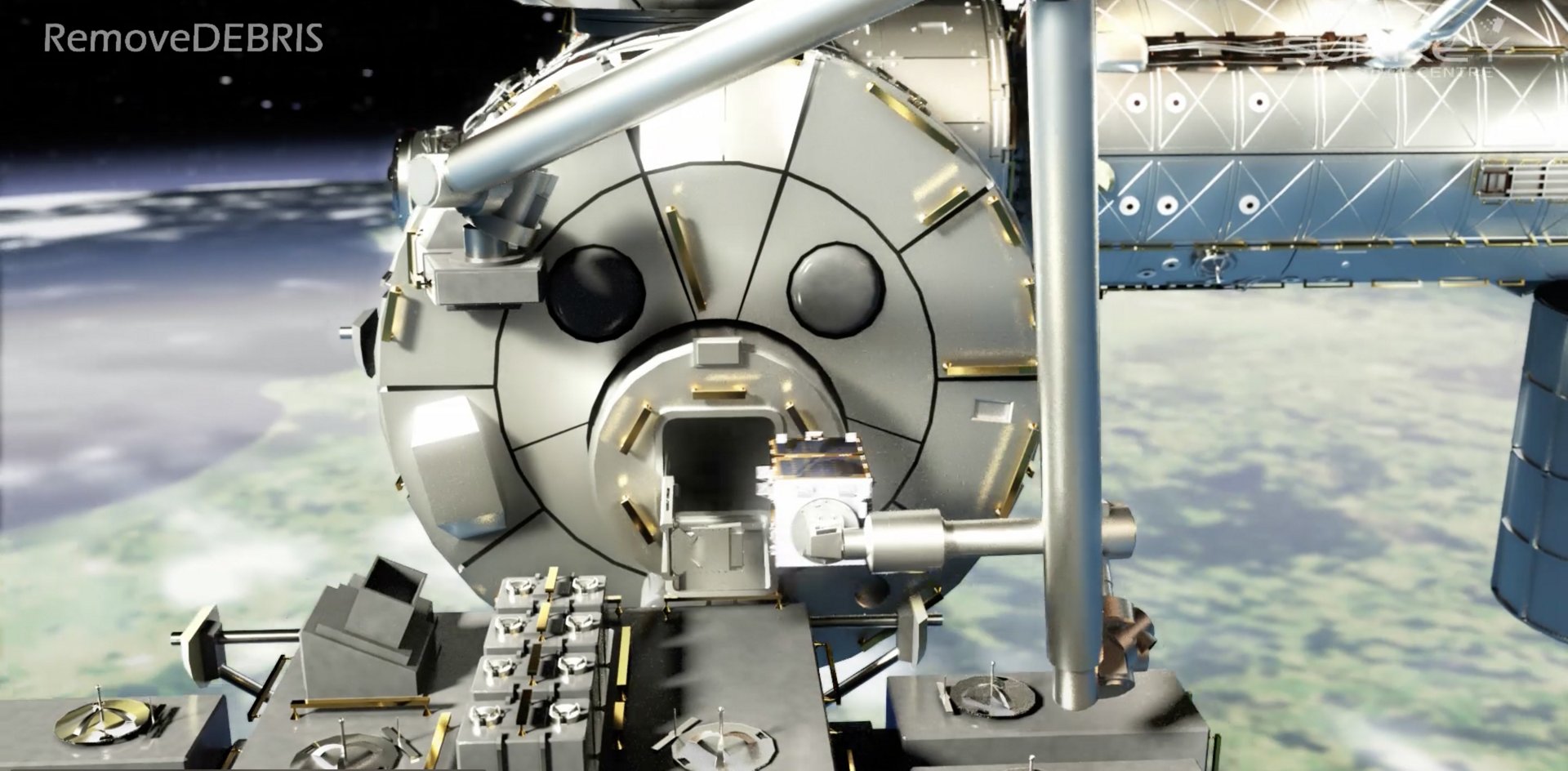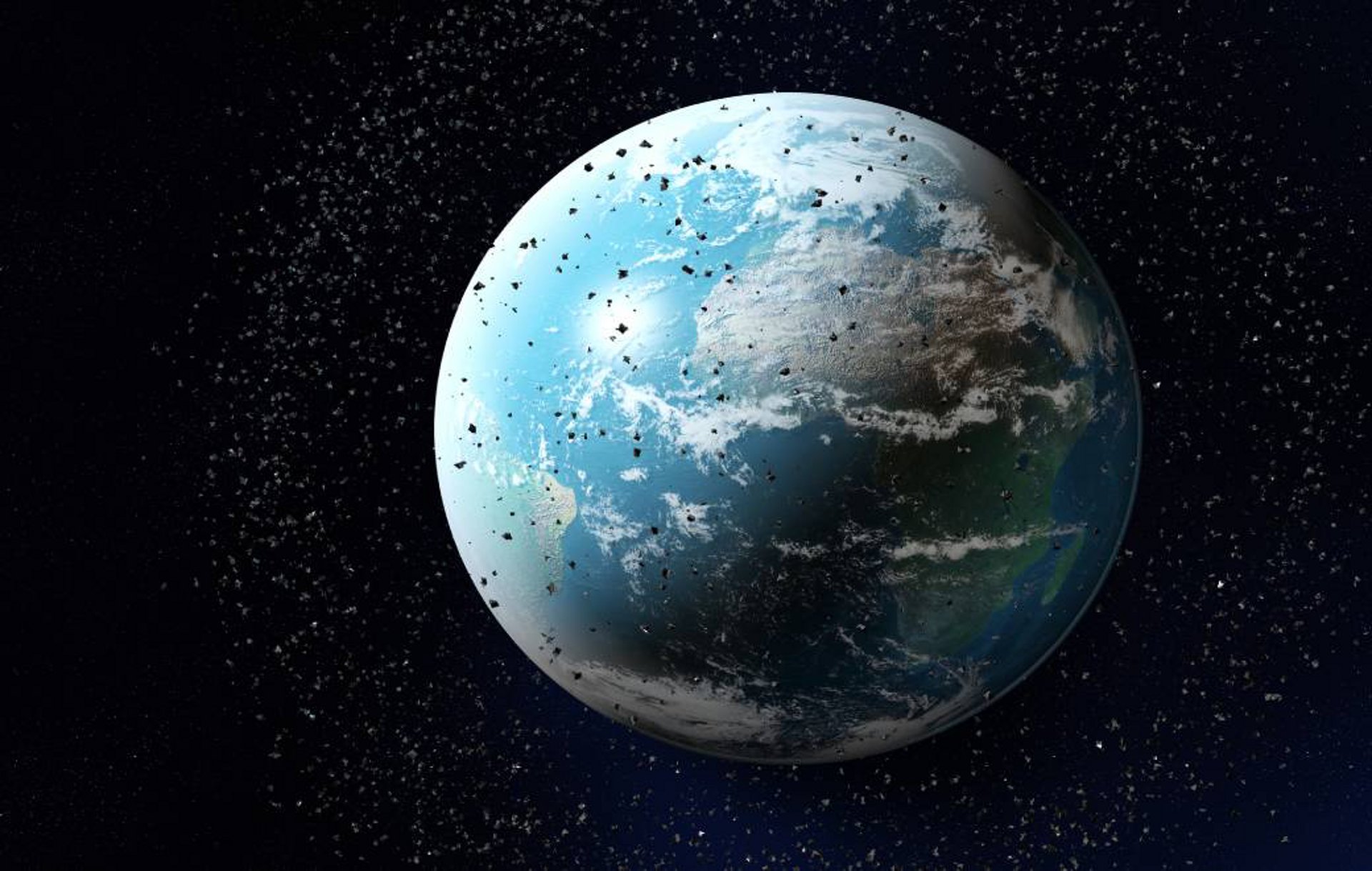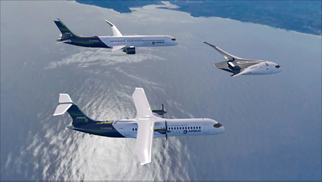
Sustainable space
Cleaning up the space environment
Space exploration has given us so much—from the first images of our precious planet to material evidence that Earth is the only celestial body on which we know intelligent life exists. But the means to monitor space and take us there have also contributed to orbital debris. At Airbus, we believe we have a responsibility to ensure a sustainable space environment.
Today, more than 7,600 tonnes of materials are flying around in low Earth orbit, transforming the space high above the clouds into an immense junk yard. Due to its high speed and volume, orbital debris—consisting of human-generated objects, such as pieces of spacecraft, and parts of rockets and satellites—poses a real safety risk to people and property not only in space but also on Earth. And as space constellations become a reality, there will be an increased need to safely remove end-of-life satellites from orbit.
Airbus is the first company to test in-orbit technologies to clear out space junk and avoid spacecraft collisions. We believe it is in our collective interest to protect the space environment—a natural resource that is vital to daily life, from providing global connectivity and weather forecasting to monitoring climate change.
As the challenge of orbital debris is only expected to grow, Airbus is participating in a consortium aimed at defining a Space Sustainability Rating (SSR). This global rating, a concept developed by the World Economic Forum, will provide a score that represents a mission’s sustainability as it relates to debris mitigation and alignment with international guidelines.







